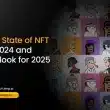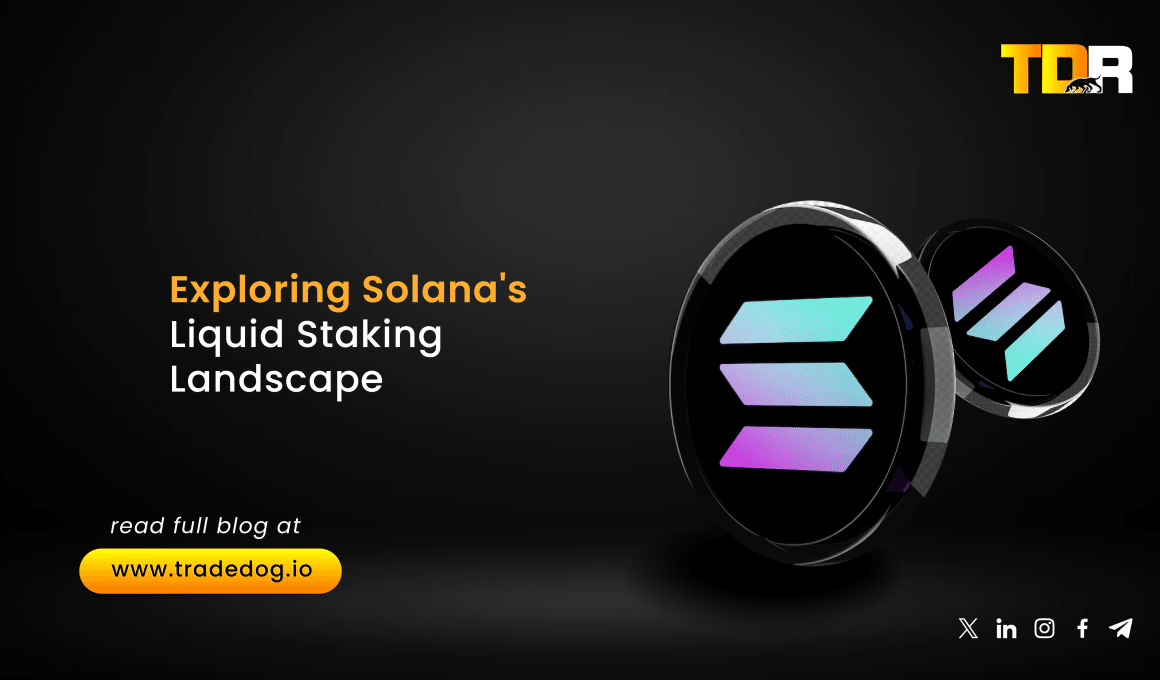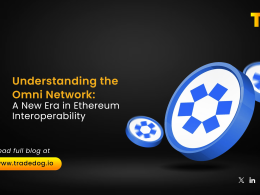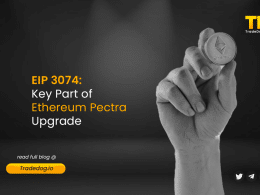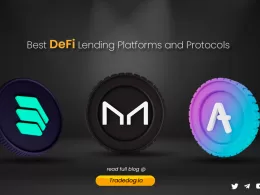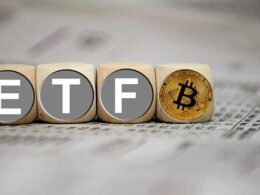Quick Links
Staking has emerged as a cornerstone practice in the DeFi Sector by allowing participants to lock up their tokens to support network security and receive rewards in return. However, traditional staking often requires tokens to be locked for a set period, limiting their liquidity and usability. This is where liquid staking comes into play, offering a flexible alternative.
Liquid staking allows users to stake their tokens while retaining the ability to use these tokens in other financial activities. Upon staking, participants receive a “receipt token,” representing their staked assets. This receipt token can be freely traded or utilized within the DeFi ecosystem, providing stakers with liquidity while still earning staking rewards.
Solana’s Liquid Staking Landscape
Source – Defillama.com
In the recent months, Solana’s ecosystem has seen a significant development as many projects have emerged in different verticals across Web3 including liquid staking protocols, which have positioned Solana as an emerging player in the liquid staking market. Despite having ~ $54.64 Bn in staked capital, only 6.3% of Solana’s staked SOL is in liquid staking tokens (LSTs), compared to Ethereum’s 65%. This gap indicates a significant growth opportunity for Solana’s liquid staking sector. As of now, the main players in Solana’s LST landscape are Jito, Marinade Finance, Solblaze and Jupiter, which collectively hold the majority of liquid staked SOL.
Solana’s LST Landscape is primarily dominated by JitoSOL with a Market share of over 49.4%. Jito is closely followed by Marinade finance and JupiterSOL with a market share of 21.4% and 10.5% respectively.
Leading Solana LST Protocols
Jito’s JitoSOL
(Source – Defillama.com)
JitoSOL is the largest LST on Solana, holding approximately ~ 49.4% of the liquid staking market share, valued at around ~ $1.44 Bn. Jito currently manages a total of ~ 11.99Mn staked SOL, representing 3.1% of Solana’s total staked assets. Jito differentiates itself through its unique approach to Maximal Extractable Value (MEV). Unlike some other protocols that allow harmful MEV practices, Jito implements a system that optimizes block space and ensures fair transaction inclusion. This approach not only enhances network health but also boosts returns for JitoSOL holders by approximately 15%.
JitoSOL is widely integrated into Solana’s DeFi ecosystem, being a popular asset for lending, borrowing, and leveraged strategies. Protocols such as Solend, Drift, and Marginfi have adopted JitoSOL, contributing to its liquidity and utility. Moreover, Jito’s decentralized validator optimization system, StakeNet, has helped in enhancing the network’s efficiency and security.
Marinade Finance’s mSOL
(Source – Defillama.com)
Marinade Finance holds a ~ 21.4% market share in the LST sector with a TVL of ~ $645 Mn. Marinade currently holds ~ 5.18Mn staked SOL, representing 1.3% of Solana’s total stake. Launched in March 2021, Marinade offers both liquid staking (mSOL) and a native staking option (Marinade Native). Marinade Native allows users to stake directly with validators without the need for smart contracts, appealing to institutional investors wary of smart contract risks.
In addition, Marinade has also introduced “Protected Staking Rewards”, ensuring that stakers are not penalized due to validator underperformance. Despite losing some market share to Jito, Marinade remains a significant player in the ecosystem. Its ability to offer both liquid and native staking options provides flexibility to users, catering to different risk appetites and investment strategies.
SolBlaze bSOL
Source – Defillama.com
SolBlaze launched in 2023 and is one of the latest entrants in the list of the top liquid staking providers. It currently manages ~ 1.9 Mn staked SOL, representing 0.5% of Solana’s total stake and holding a 8.1% share of the liquid staking market. SolBlaze provides the largest selection of validators, with 305 options compared to Jito’s 148 and Marinade’s 292. Moreover, SolBlaze was the first to introduce custom liquid staking, allowing users to stake with specific validators or groups of their choice. This feature adds a layer of personalization and control for stakers, making it an appealing option for those who want to fine-tune their staking strategies.
Jupiter’s JupSOL
Launched in April 2023, Jupiter’s JupSOL has also quickly gained traction, capturing ~ 10.5% of the liquid staking market. Jupiter currently manages 2,540,453 staked SOL, which accounts for 0.7% of the total staked SOL on Solana. JupSOL offers high yields, enhanced by an initial ~ 100K SOL delegation from the Jupiter team. This LST not only provides staking rewards but also improves the transaction priority for Jupiter’s validator, making it a valuable asset for platforms dependent on timely transaction processing.
Restaking Scenario on Solana
Restaking is still an emerging concept on Solana, where users can leverage their staked assets to provide additional services, such as securing appchains or enhancing resource allocation. Few early-stage protocols which are exploring this space are as follows:
- Solayer: Solayer aims to build a network of appchains secured by Solana’s economic security. Leveraging Solana’s architecture, Solayer facilitates efficient workload distribution and customized service delivery, especially useful as Solana’s ecosystem expands with Layer 2 solutions and appchains. Solayer did a soft launch in May and hit a $20 Mn deposit cap for SOL and LSTs in 45 minutes, the protocol has continued its growth and its TVL stands around ~ $110 Mn as on the date of writing.
- Cambrian: Cambrian is emphasizing on developing a modular restaking layer to enhance resource allocation and reduce costs, benefiting decentralized oracles and AI applications. This approach is likely to position Cambrian as an on-chain alternative to traditional cloud providers, offering a unique value proposition within the Solana ecosystem.
- Picasso: Initially targeting the Solana-Cosmos bridge, Picasso is now evolving into a restaking hub. It aims to support other Solana projects, such as Mantis, an upcoming restaked Layer 2 solution. Picasso’s Generalized Restaking Layer and Inter-Blockchain Communication (IBC) enhance the utility and security of connected chains, facilitating liquidity exchange and expanding the staking options for SOL and its LSTs.
Closing Thoughts
With key players like Jito, Marinade Finance, SolBlaze and Jupiter leading the way, Solana’s liquid staking landscape looks all set to take the center stage in this rapidly emerging DeFi narrative. As more users and developers engage with these protocols, the ecosystem will likely see continued innovation and growth, solidifying Solana’s position as a leading platform in the DeFi space.




